FAQs
1. What Is Bio-Sensing Technology?
In the widest sense, bio-sensing-can be defined as any technology that underpins systems that use a biological element combined with an electronic component to form a measurement device or uses an electronic device to detect all measure a biological entity.
A common example of a commercial biosensor is the blood glucose biosensor (glucose monitoring in diabetic patients), which uses the enzyme glucose oxidase, immobilised and electrochemical sensor, to break blood glucose down. A current is generated which is measured using the integrated electronics and the concentration of glucose displayed for the user.
2. What is the role of the Institute?
The Institute was established in March 2008 and seeks to promote and support true multidisciplinary research, drawing on a wide range of expertise from a range of collaborators. By consolidating talents and experience from across a range of subject areas IBST is able to respond to larger challenges presented by industry and public sector. Through this kind of collaborative working, the Institute is well placed to take an idea from conception, through fundamental research and development to preproduction prototype, in preparation for exploitation.
3. What are the benefits of collaborative working?
The Institute works with academic staff on a number of different levels and actively seeks opportunities to promote collaborative work through:
New research funding opportunities
Cross-sector networking and knowledge exchange events
New industrial-academic partnerships
New opportunities for SMEs to participate in research collaborations
Exposure of UK companies to worldwide networks and markets and vice versa
Increased number of graduates prepared for employment in the biotechnology sector.
4. What technologies are currently being developed by the Institute?
IBST‘s generation of new technology includes:
Novel Biomarkers for cancer and dementia
Whole cell systems
Bioluminescent bacteria
Paramagnetic particle-based immunoassay
Impedance spectroscopy
Screen printed technology
Printed sensors/electronics
Volatile sensing
Photometric stereo
Hyperspectral imaging
5. What have IBST accomplished so far?
The Institute’s work has created an environment where the University of the West of England is now recognised as an international centre of excellence in bio-sensing field. The annual International Bio-Sensing Technology Conference is the institute’s primary showcase with the 8th conference taking place in June 2021 in Sitges, Spain.
Previous projects
Innovation Networks (iNets); Microelectronics iNet and Biomedical iNet
Business Technology Centre: Centre for Alternative Testing and In-vito Monitoring (CATIM)
Current projects (Supported by the 2014 to 2020 European Regional Development Fund Programme)
Health Tech Hub The Health Tech Hub facility is focused on advancing technology that enables people to live independently and manage their own health and well-being, thereby ensuring they spend the least possible time in hospital. The Hub offers companies tailored support for their product development and prototype testing, including access to state-of-the-art technology and specialist support from UWE Bristol academics.
Health Tech Accelerator Programme The Health Technology Accelerator Programme (HTAP) provides support to small/ medium sized businesses in the West of England region to develop new products or services for the health and life science sector.
